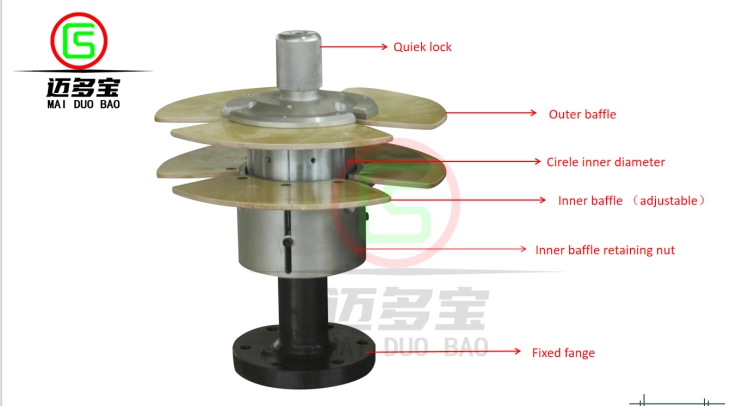The oil gauge reading is a crucial indicator of an engine's health and performance. Understanding what constitutes a normal oil gauge reading is essential for every vehicle owner or operator. In this comprehensive guide, we will delve into the intricacies of oil gauge readings, exploring their significance, factors affecting them, and how to interpret them accurately. By the end of this article, you will possess the knowledge to ensure optimal engine functioning and avoid potential issues.
- The Significance of Oil Gauge Reading:
The oil gauge reading provides valuable insights into the lubrication system's efficiency, engine temperature, and overall engine health. It serves as an early warning system, indicating potential problems such as low oil levels, oil contamination, or engine overheating. Monitoring the oil gauge reading regularly can prevent catastrophic engine failures and extend the engine's lifespan. - Factors Affecting Oil Gauge Reading:
a. Oil Viscosity: The viscosity of the oil affects the oil pressure, which, in turn, influences the oil gauge reading. Different engines require specific oil viscosities, and using the wrong one can result in abnormal readings.
b. Engine Temperature: Engine temperature affects the oil's viscosity and, consequently, the oil pressure. Extreme temperatures, either too hot or too cold, can lead to abnormal oil gauge readings.
c. Oil Level: Insufficient oil levels can cause low oil pressure, leading to abnormal readings. Conversely, overfilling the oil can also impact the gauge reading.
d. Oil Contamination: Contaminants such as dirt, debris, or metal particles in the oil can obstruct the oil passages, affecting oil flow and resulting in inaccurate gauge readings.
- Interpreting Oil Gauge Readings:
a. Normal Range: The normal oil gauge reading typically falls within a specific range, indicated by a midpoint on the gauge. This range may vary depending on the vehicle make and model. Consult the vehicle's manual or manufacturer for the specific range.
b. Low Oil Pressure: A consistently low oil gauge reading may indicate oil leakage, worn-out oil pump, or a clogged oil filter. Prompt action is necessary to prevent engine damage.
c. High Oil Pressure: Excessively high oil gauge readings can signify a malfunctioning pressure relief valve, restricted oil passages, or using the wrong oil viscosity. Addressing these issues promptly is crucial to avoid engine stress and potential failures.
d. Fluctuating Readings: Erratic oil gauge readings may indicate a faulty oil pressure sensor or electrical connection. It is essential to diagnose and rectify these issues to ensure accurate readings.
- Maintaining Optimal Oil Gauge Readings:
a. Regular Oil Changes: Follow the manufacturer's recommended oil change intervals to maintain proper lubrication and prevent oil degradation.
b. Quality Oil and Filters: Always use high-quality oil and filters that meet the vehicle manufacturer's specifications to ensure optimal engine performance.
c. Monitor Oil Levels: Regularly check the oil level using the dipstick and top up if necessary. Maintaining the recommended oil level is crucial for consistent oil gauge readings.
d. Professional Inspections: Periodically have your vehicle inspected by a qualified mechanic to detect any potential issues affecting the oil gauge readings.
Conclusion:
Understanding the normal oil gauge reading and its implications is vital for maintaining a healthy engine. By considering factors such as oil viscosity, engine temperature, oil level, and contamination, you can accurately interpret the gauge readings and take appropriate action when necessary. Regular maintenance, adherence to manufacturer guidelines, and professional inspections will ensure optimal oil gauge readings, prolonging your engine's life and enhancing overall vehicle performance. Stay vigilant, and let the oil gauge be your guide to a smoothly running engine.




More Stories
Cable Hollow Winder Launched with Rapid Operation
What Is an Explosion Proof Motor and How Does It Work?
The Role of Electrofusion Fittings in Leak-Free Water and Gas Networks